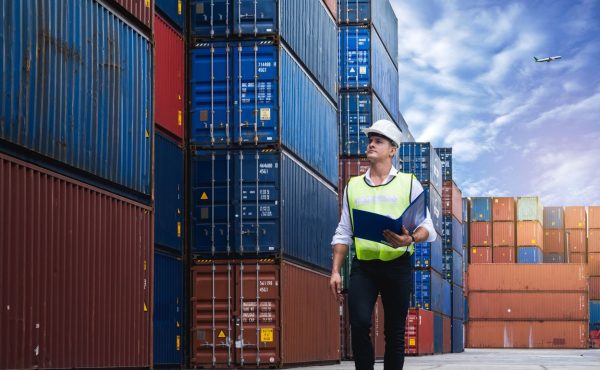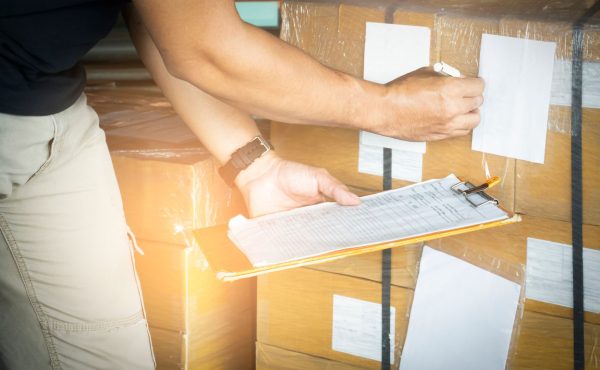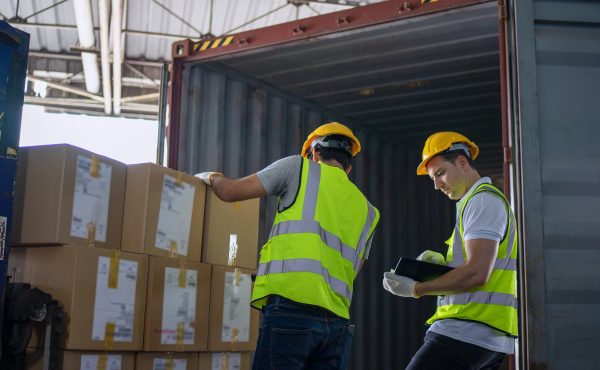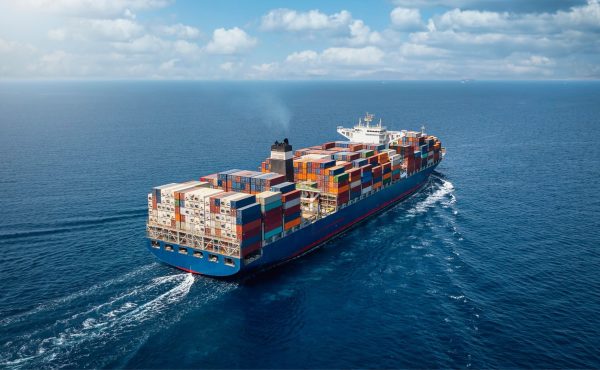What is the difference between a customs warehouse and a duty-free zone?
The dynamics of international trade drive the need for flexible and efficient logistics solutions that allow the storage and handling of goods in different situations. In this context, the customs warehouse and the duty-free zone are two special warehousing regimes that offer specific logistical advantages in relation to customs control and storage of goods.
Although both terms are linked to cross-border trade and customs administration, they have substantial differences that determine how they can be used and applied in different commercial contexts. Both concepts are related to international trade and the management of goods within a country. However, there are fundamental differences when it comes to their purpose, operation, and regulation.
A customs (or bonded) warehouse is a space designated and supervised by a country’s customs authorities, where imported goods can be temporarily stored without paying the usual import duties and taxes. This type of facility is useful for companies wishing to keep their goods on hold, or carry out classification, labelling, packaging, or manufacturing processes before entering the destination market. During their stay in the bonded warehouse, the goods are supervised and controlled by the customs authorities. This has a number of advantages:
- Saves on cost: It reduces the costs associated with the time goods spend in ports by offering an alternative that optimizes customs and logistics processes.
- Protection and maintenance: It offers a safe environment for the conservation of goods, ensuring their integrity during the storage period.
- Efficient inventory management: It facilitates the administration and control of customs inventories, simplifying the analysis and evaluation of stored shipments.
- Flexibility in logistics procedures: It provides a legal framework for operations such as warehouse sales, temporary withdrawals, and handling of goods, without incurring immediate payment of duties.
- Expert accompaniment: Logistics operators are provided with expert advice on choosing the most appropriate type of customs warehouse for their needs.
A duty-free zone is a specific geographical area within a country that is considered extraterritorial in customs and tax terms. In these zones, companies can import, export, store, manufacture and distribute goods without being subject to import taxes and other customs regulations. This has a number of benefits:
- Freedom of trade: Goods stored in a duty-free zone are not subject to trade policy measures, as long as they do not contradict the entry or exit of goods from a particular customs territory such as, for example, European Union (EU).
- Tax benefits: Exemption from import duties and other taxes gives companies a competitive advantage by reducing import costs.
- Communication between duty-free zones: For example, in the EU, member states decide which parts of the customs territory are to be designated as free zones and must report to the European Commission on their operation.
- Customs surveillance: Although goods in a duty-free zone are not subject to charges, customs authorities monitor and may carry out checks on both goods and means of transport.

Special warehousing regimes offer major advantages in international logistics
Both the bonded warehouse and the duty-free zone are special warehousing regimes and offer logistics solutions tailored to international trade, each with their own advantages and benefits. The customs warehouse stands out for its focus on secure warehousing and efficient inventory management, while the duty-free zone is notable for its commercial freedom and tax advantages.
Choosing between these two regimes depends on each company’s logistics strategy and needs. At Logisber we are working every day to help optimize the freight forwarding operations of all kinds of companies. If you want to take your commercial expeditions to the next level, contact Logisber now and we will inform you about how we work.
Categorías
Compartir









